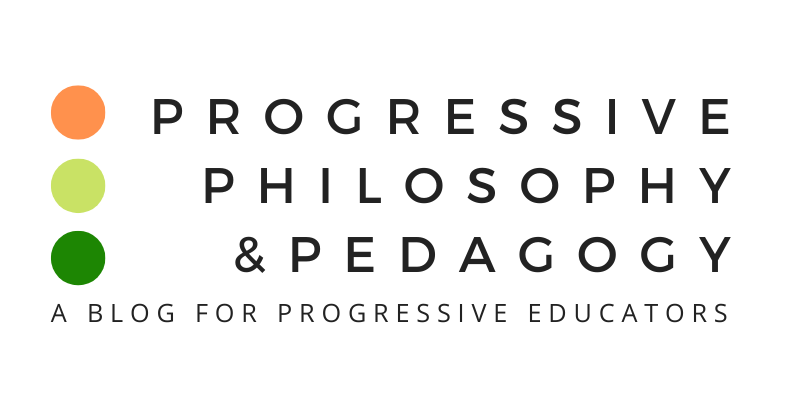
An online thinkspace, where progressive philosophers and practitioners from across the globe can connect through community and inquiry to carry out the movement’s important commitment to the intersection of democracy and education.
Read our most recent postS
For the past decade, I’ve dedicated myself to teaching and developing an Aloha ʻĀina curriculum at Waiʻanae Intermediate. It is my mother, Natalie Oana, who taught science through a Hawaiian lens at Hālau kū mana who inspired me to become a teacher. In my first year of teaching, when I found myself at Waiʻanae Intermediate with no curriculum, I thought back on what she taught me. I took a lot of professional development classes and began to include moʻolelo in my lessons, and began to see a considerable difference in student engagement.
Ever scroll through LinkedIn and feel like it’s the movie, Groundhog Day? Same creator, same viral posts. 1,000 comments every time.
What’s his secret? AI-generated content, including his video avatar explaining the daily showcased app.
Picture an AI-assistant chef in your content kitchen, perfectly chopping thoughts, accurately seasoning sentences, and plating paragraphs in just the way your diners like it.
But how much creativity is there in the work if you’re only adjusting settings and hitting “generate” until credits run out? Did the creator infuse any of his personality to craft something unique?
Browse previous posts
by topics in progressive education
Progressive education Philosophy
Progressive Education Curriculum
Progressive education Teacher professional development
Connecting progressive education history to today
Progressive Education Pedagogy & Practice
Progressive Education Assessment
Progressive Educator Reflections
Social Justice Education
Progressive Philosophy and Pedagogy: A Blog for Progressive Educators is edited by Amber Strong Makaiau and Veronica Kimi. To support the ongoing professional development of educators seeking to share their ideas and success stories via the blog, Makaiau and Kimi provide 1:1 conferencing and writing support during the publication process. Click here to learn more about contributing to the blog.















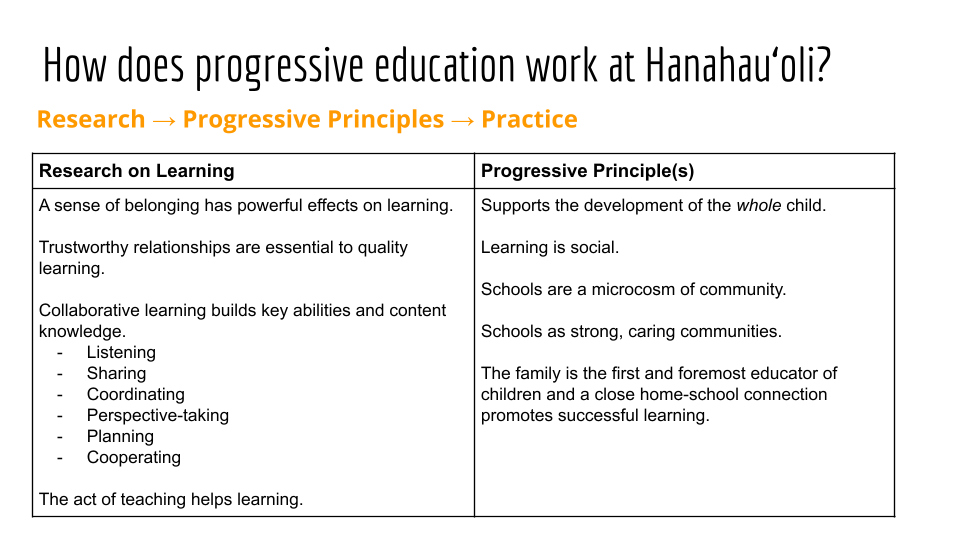
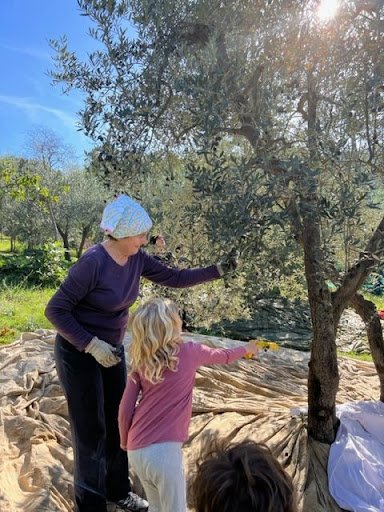

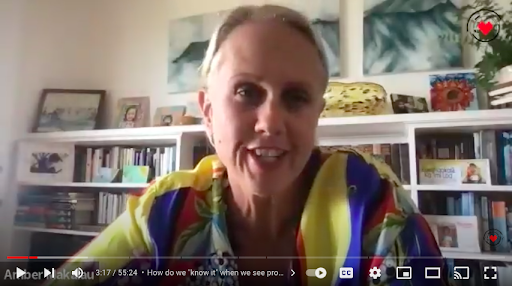










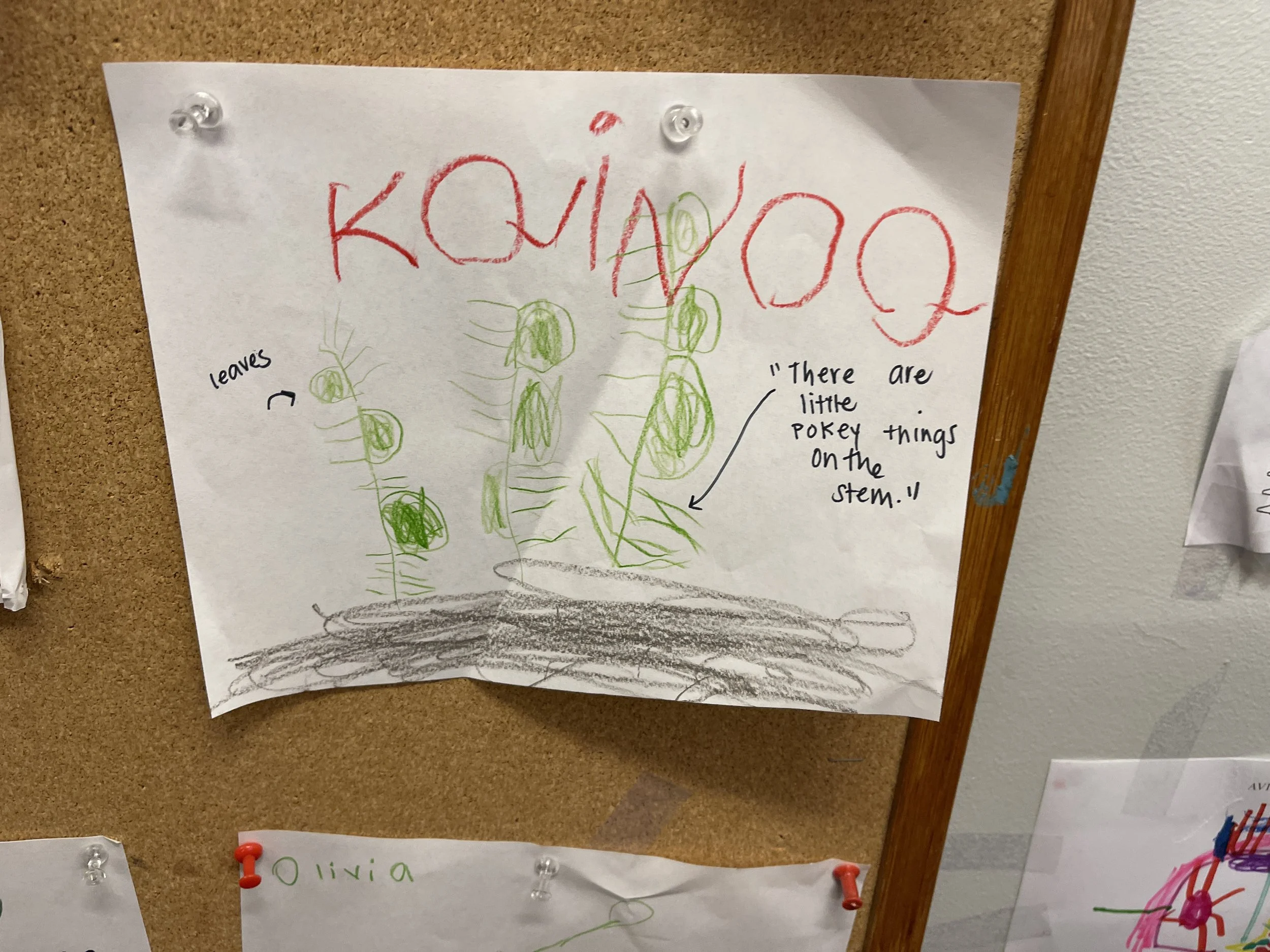







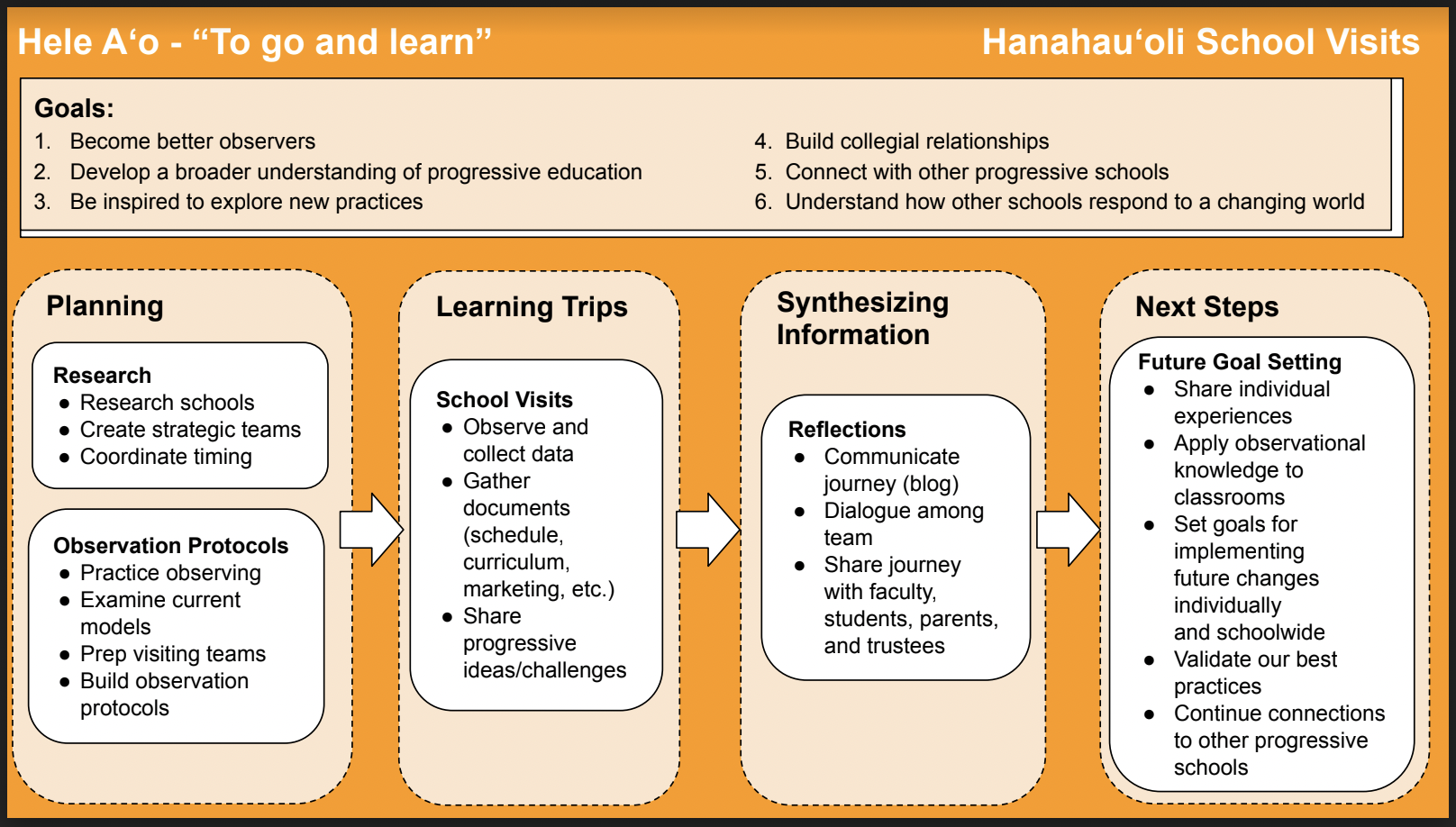




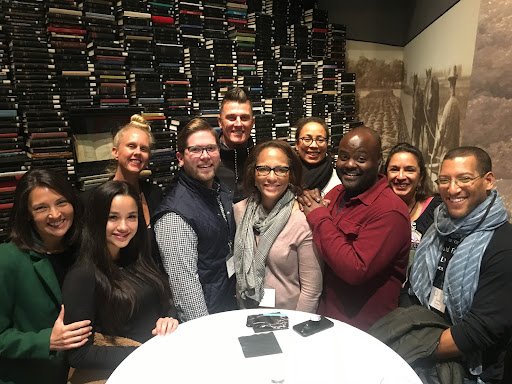
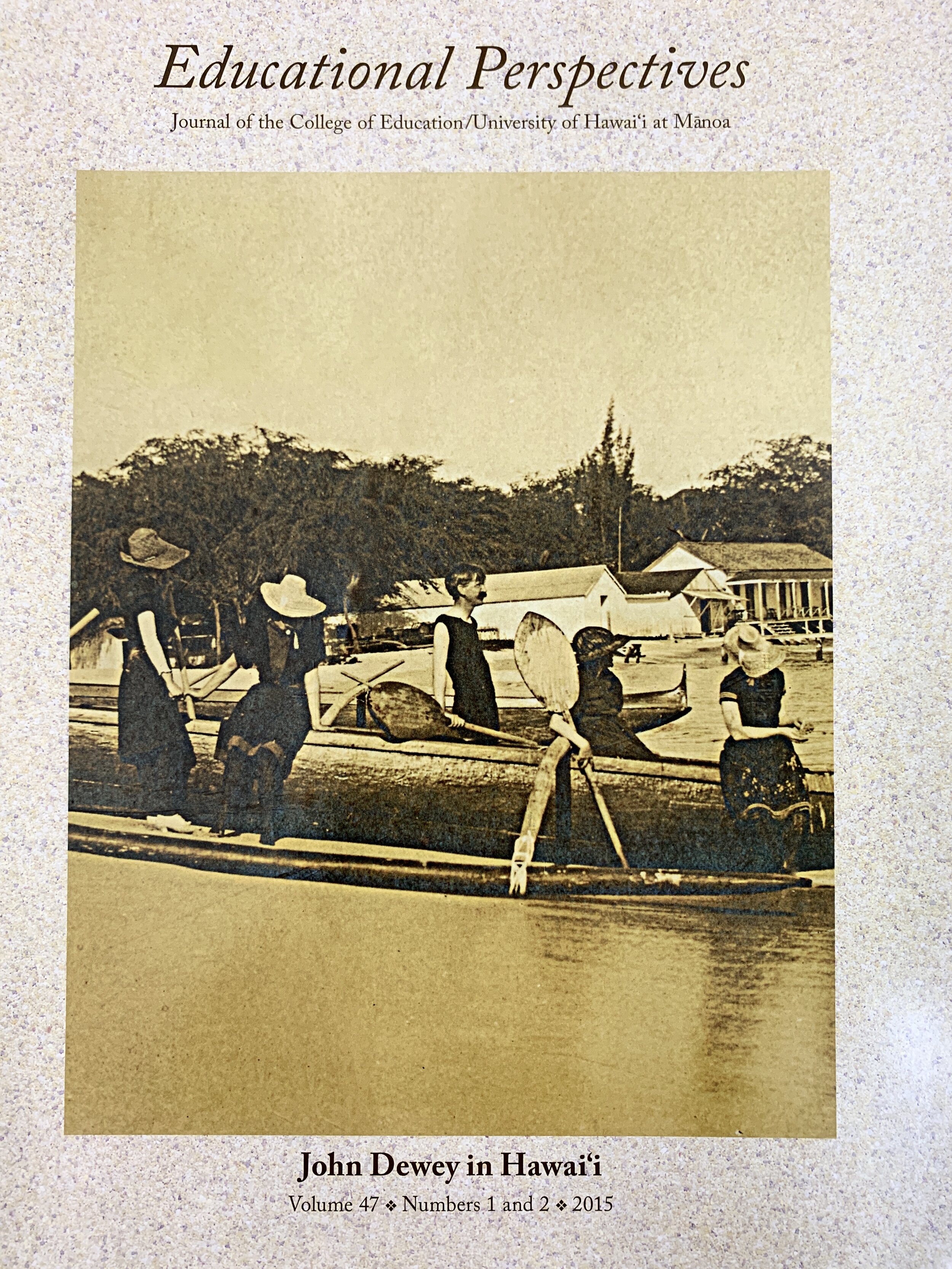




































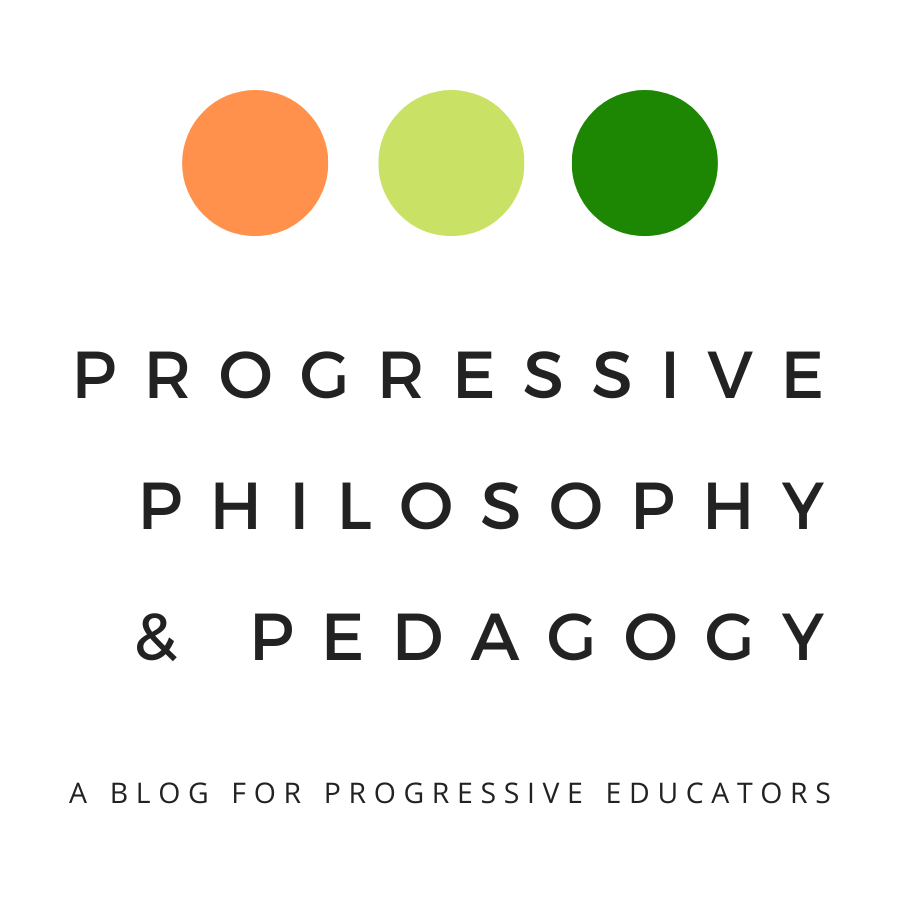









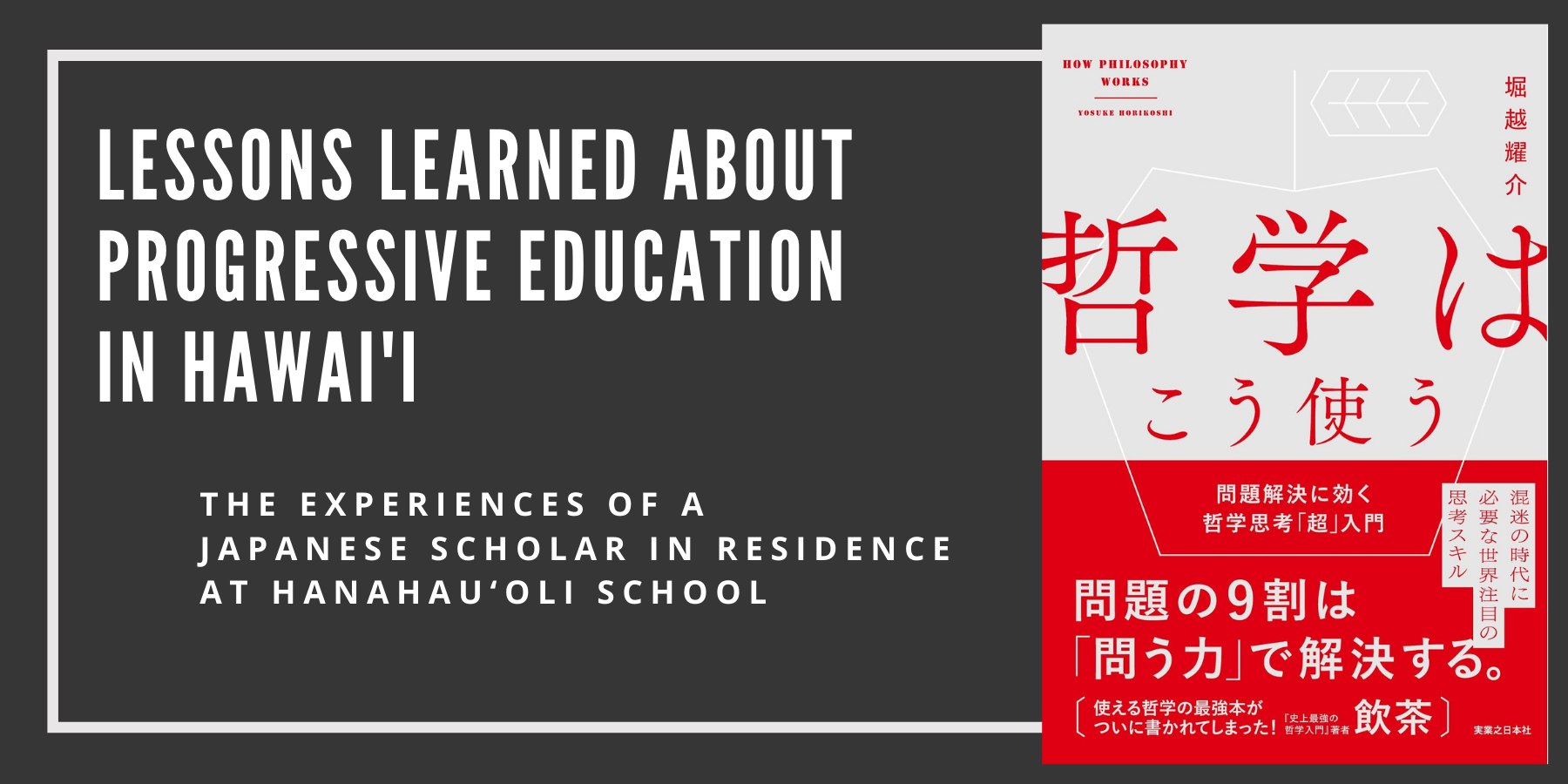










“[Progressive schools demonstrate] tendencies towards greater freedom and an identification of the child’s school life with his environment and outlook; and, even more important, the recognition of the role education must play in a democracy” –Preface, Schools of Tomorrow. The quote above is taken from the preface of the book Schools of Tomorrow. Written by John Dewey and his daughter Evelyn Dewey, it was first published in 1915. At its issuance, the book aimed to advocate for a progressive philosophy of education by “show[ing] what actually happens when schools start out to put into practice, each in its own way, some of the theories that have been pointed to as the soundest and best ever since Plato (Dewey, 2023/1915, preface). The Deweys accomplished this by writing a book that integrated John’s philosophical essays with narratives from Evelyn’s on-site observations at progressive schools across the United States. Ultimately, the book had a profound influence on the growth of the progressive education movement, giving credibility to the small number of already existing progressive schools and inspiring the founding of new schools that emphasized hands-on learning and student-centered approaches over traditional, rote memorization.